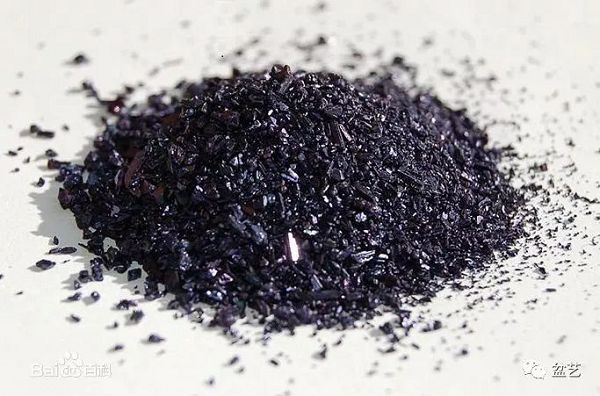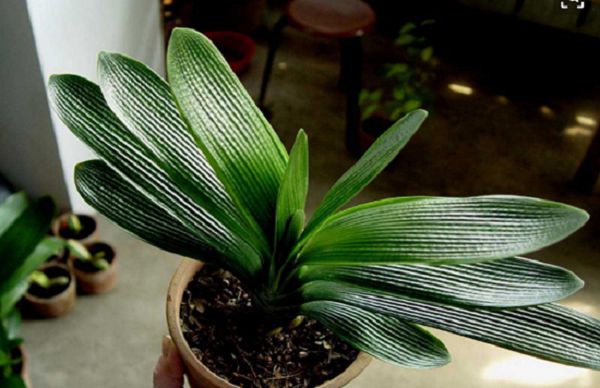The function and principle of potassium permanganate in the application of bonsai flowers

Potassium permanganate is a strong oxidizing and reducing agent. In medicine, it is a kind of surgical medicine for human and animal, commonly known as pp powder. Its solution has strong sterilization, disinfection and antiseptic effect. Some experiments have proved that it is very effective to control many kinds of diseases such as flower bonsai seedling sudden blight, downy mildew, soft rot, Fusarium wilt, root rot, virus disease and so on. At the same time, it contains two kinds of nutrients, manganese and potassium, which are necessary for plants, which can promote plant growth and can be described as both medicine and fertilizer. According to medical experts, the drug is rich in sources, low in cost, sold in local pharmacies, easy to purchase, safe to people and animals, non-toxic, no residue to crops, no drug harm, and no pollution to the environment.
Before soil disinfection and sowing, after soil preparation, spray with 400-600 times potassium permanganate solution, then cover with plastic film and seal exposure for about a week, then uncover film sowing or cutting seedlings. In the aspect of bonsai flowers, potassium permanganate solution can be sprayed to the prepared nutritious soil and sealed with thin film for a period of time. It can effectively prevent the occurrence of stem blight, stem blight, quenching disease and root rot.
Disinfection of seedlings soaked in 0.1% potassium permanganate solution for 2 hours or disinfection of seedlings can prevent soft rot, downy mildew and rhizome diseases.
During the growing period, the seedlings after sowing and unearthed flowers were sprayed with 8 to 1000 times potassium permanganate solution, once every 7 to 10 days, for 3 to 4 times in a row, which could control the quenching disease of flowers and plants at seedling stage, such as petunia, red, marigold and so on. the effect is better than that of conventional pesticides. Spraying potassium permanganate with 600 to 800 times liquid from seedling stage to flowering stage, spraying once every 5 to 7 days and spraying 3 to 4 times continuously, can effectively control soft rot and downy mildew. The above concentration of potassium permanganate solution can also be used to prevent and cure root rot. At the beginning of the occurrence of flower bonsai virus disease, potassium permanganate was sprayed every 5 to 7 days for 3 to 4 times, or a mixture of 1000 times of potassium permanganate and double-acting growth virus K was used to prevent and cure the virus disease.
Flowers use potassium permanganate precautions, because potassium permanganate is a strong oxidant, it is easy to reduce reaction with organic matter and lose its germicidal efficacy. Therefore, do not use stagnant water, sewage or hot water when using, and use it with it.
At the same time, prevent mixed use with strong alkaline pesticides. Therefore, potassium permanganate is a rare fungicide for both medicine and fertilizer, non-toxic, no residue, pollution-free vegetables and flowers.
Related
- What if the leaves of potted flowers turn yellow?
- Florescence Control of several Flowers
- Anti-freezing technology and post-freezing nursing technology of flowers
- What is the classification of flowers? What are the common methods of flower classification?
- Prevention and control of alkali and acid damage of flowers in courtyard
- Technology of Anti-freezing and restoring growth of Flower seedlings in greenhouse and greenhouse
- How does flower fertilization not hurt the root? Fertilization technology of flowers
- Key points of disinfection in flower greenhouse
- Several pesticides that are banned or used cautiously in flowers
- How to fertilize the flowers that watch the leaves?



